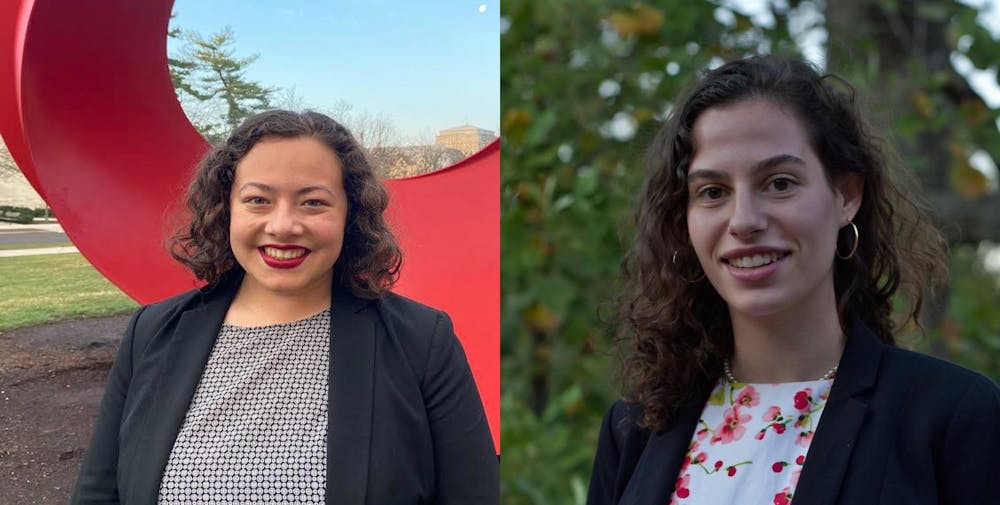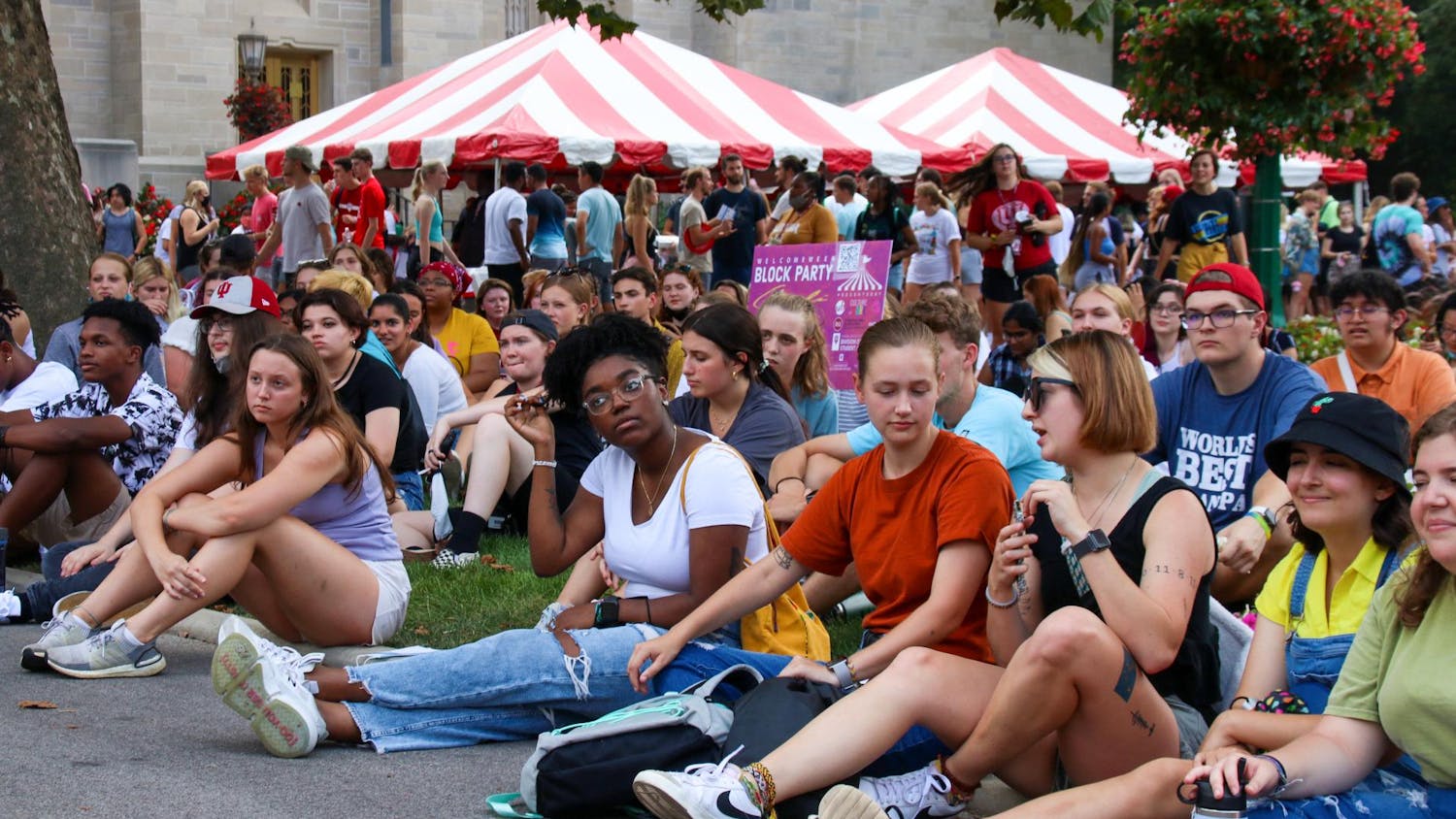Following Thursday's IU Student Government election, the Defy campaign issued two complaints Saturday against the Inspire campaign regarding its use of mass emails to IU students and non-students. The IUSG Election Commission dismissed those complaints Saturday evening.
Defy appealed the Election Commission
According to the complaints, Defy felt the collection of students’ emails violated university IT policy. Inspire sent a mass email on April 1, which advertised a campaign town hall regarding COVID-19. The campaign sent another mass email April 6 about its petition for a 25% tuition refund. One of Defy's complaint requests that the Election Commission investigate Inspire’s collection of students’ email addresses, and the other requests an investigation into the campaign’s collection of non-students’ email addresses.
High school, transfer and graduate students, who are not enrolled at IU but still have a university-affiliated email address, received the April 1 email, according to Defy’s complaint documents.
Presidential candidate for the Defy campaign Madeline Garcia said in a text message to the Indiana Daily Student that she is disheartened by the "quick dismissal" because she felt the Inspire campaign's alleged mishandling of student data was inappropriate. She said Defy will continue to hold student leaders to the values of accountability and ethical leadership.
"This goes far beyond the election," Garcia said in the text. "This is a data privacy issue."
The Inspire campaign did not immediately respond to requests for comment on the complaints.
Senior and IUSG Election Commission Chair Quinn Gordon said the Inspire campaign seems to have collected the emails through sign-ups on its website, personal contacts, social media and web crawlers which are programs that go through the indexes of websites to find information.
Gordon said the Election Commission submitted the concerns and response of the Inspire campaign to the University Information Policy Office. The office did an internal investigation and concluded there was no violation of university policy, which states IU community members can’t send emails to the university-affiliated email addresses of people they don’t have “an established mutually-accepted personal, business, or academic relationship” with.
“There was no violation of university policy,” Gordon said. “To our knowledge, they did not do anything wrong in an official sense.”
Gordon said Defy’s complaints also were not filed within a 48-hour time frame from the mass emails being sent, which the Election Commission normally requires for complaints to be approved. The 48-hour rule was introduced last year and has decreased the amount of frivolous complaints filed, Gordon said. However, the commission decided to send the information from Defy's complaints onto the University Policy Office for an investigation anyway, due to the severity of the complaint, Gordon said.
It is normal for campaigns to file complaints during the campaigning process and after the election, Gordon said, and some past campaigns have filed as many complaints as possible to try to knock opponents out of the race. If there are enough valid complaints against a campaign, it can be removed from the race.
Four complaints were filed prior to the election Thursday night. Defy filed one about Inspire campaigning before the designated time period candidates are allowed to campaign and another about a text message sent to IUSG Student Body Congress members asking them to support Inspire. Inspire filed a complaint against Defy about campaign members attending a College Democrats at IU meeting and requesting the organization's endorsement. Defy filed another complaint against Inspire about collecting IU students’ emails through an email marketing firm called DirectIQ, which the Election Commission dismissed Wednesday.
Gordon said he believes all the complaints this year represented genuine concerns. He said the commission wants to reform its code about the use of students’ emails in campaigning.
When the commission receives a complaint, if there is a high likelihood of a violation, the commission will vote to accept the complaint, Gordon said. There are seven members in the commission, and a 70% majority is required. Then, the commission will ask the campaign who had a complaint filed against them to submit a response brief within 24 hours.
After the commission decides whether a campaign violated IUSG or university policies, the complaining party has 48 hours to appeal the ruling, Gordon said. The Defy campaign has until Monday evening to appeal the decision about Inspire’s mass emails.
If Defy appeals, the motion will go to the IUSG Supreme Court to decide whether to accept or reject the appeal. If the court accepts the appeal, the certification of the Inspire campaign's victory could be postponed to the end of the week or even next week, he said. If the Defy campaign does not submit an appeal, the Inspire campaign will be certified Monday night, Gordon said.
He said he thinks all parties involved want this matter settled as soon as possible because important decisions, such as the budget for next year, can’t be voted on until a new administration is certified.




